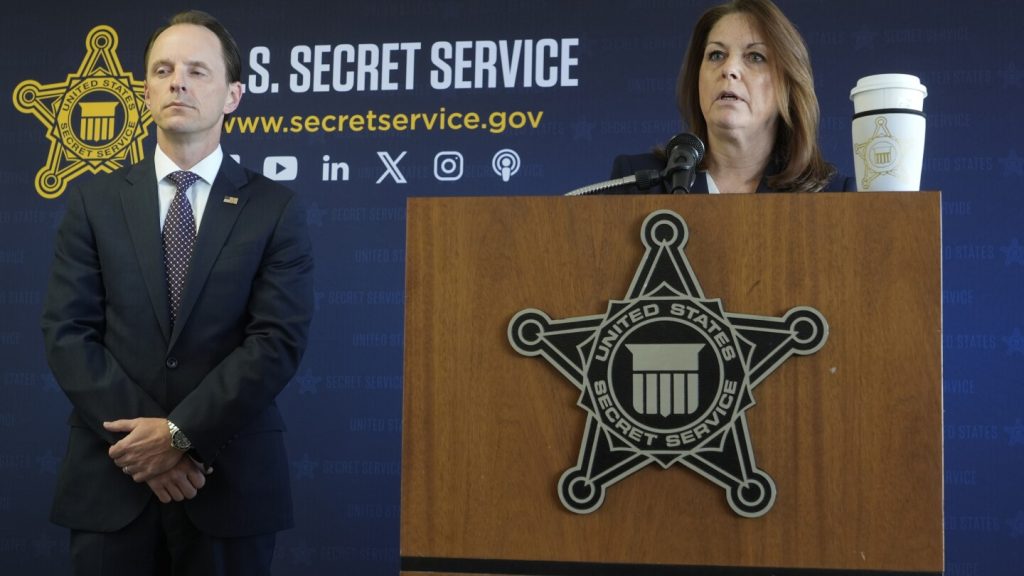Cheatle noted that communication between various law enforcement agencies and RNC officials has been ongoing for more than a year in preparation for the event. The safety plans include creating a secure zone around the convention site to ensure the security of all attendees. Details regarding the security measures and restrictions for protesters are still being finalized, but Cheatle assured reporters that they are fully prepared to address any demonstrations that may occur during the event. Top RNC officials have expressed concerns about the safety risk posed by allowing protesters too close to the convention site and have requested that protesters be kept farther back.
In March, the Milwaukee Common Council approved rules that require protesters within the convention’s general security zone to follow a specified route. However, specific details about the route and other demonstration sites have not been made public yet. Mayor Cavalier Johnson’s spokesman, Jeff Fleming, stated that the city has received signups from over 70 groups that plan to demonstrate during the event. Final details about the demonstration sites and restrictions will be shared with the public in the coming weeks. The Coalition to March on the RNC and the ACLU have filed a lawsuit against the city over the rules governing parade and protest activities, arguing that they violate the First Amendment by restricting where protesters can exercise their right to free speech.
The lawsuit alleges that Milwaukee’s rules on parade and protest activity limit the ability of protesters to express their opposing views during the RNC. Tim Muth, a staff attorney with the ACLU, accused the city of prioritizing the security of the RNC attendees over protecting the First Amendment rights of those who wish to express opposing views. Mayor Johnson’s spokesman stated that the city is prepared to address the court filings and has been operating in good faith with the organizations involved. Cheatle’s recent security briefing in Chicago for the Democratic National Convention, which will be held in August, highlighted similar concerns about restrictions on protesters and the expectation of larger crowds. Chicago police have been undergoing specialized training in de-escalation and First Amendment issues to handle protests during the event.
Milwaukee Police Chief Jeffrey Norman assured that the officers are ready for the RNC and will receive assistance from law enforcement agencies in other cities and the National Guard if needed. He emphasized that the event is not any different from other large events that the city has hosted in the past. With former President Donald Trump expected to become the Republican party’s official presidential nominee at the convention, a significant turnout of both supporters and protesters is anticipated. The ongoing discussions and legal actions surrounding the restrictions on protesters indicate the complex dynamics at play as the city and law enforcement agencies work to ensure both the security of attendees and the protection of First Amendment rights during the event. More updates on the security plans and restrictions for protesters are expected to be shared in the coming weeks as the event draws closer.















